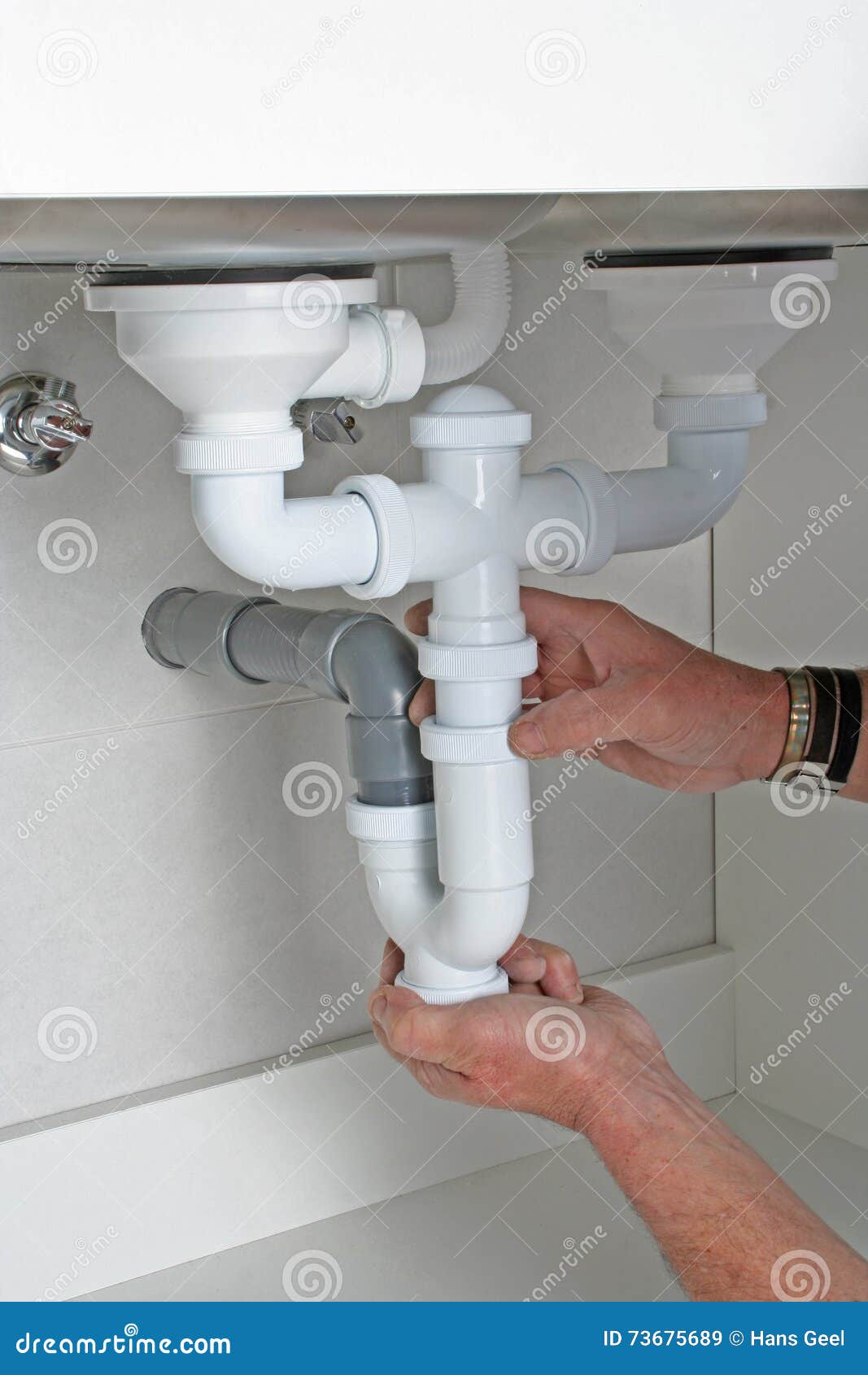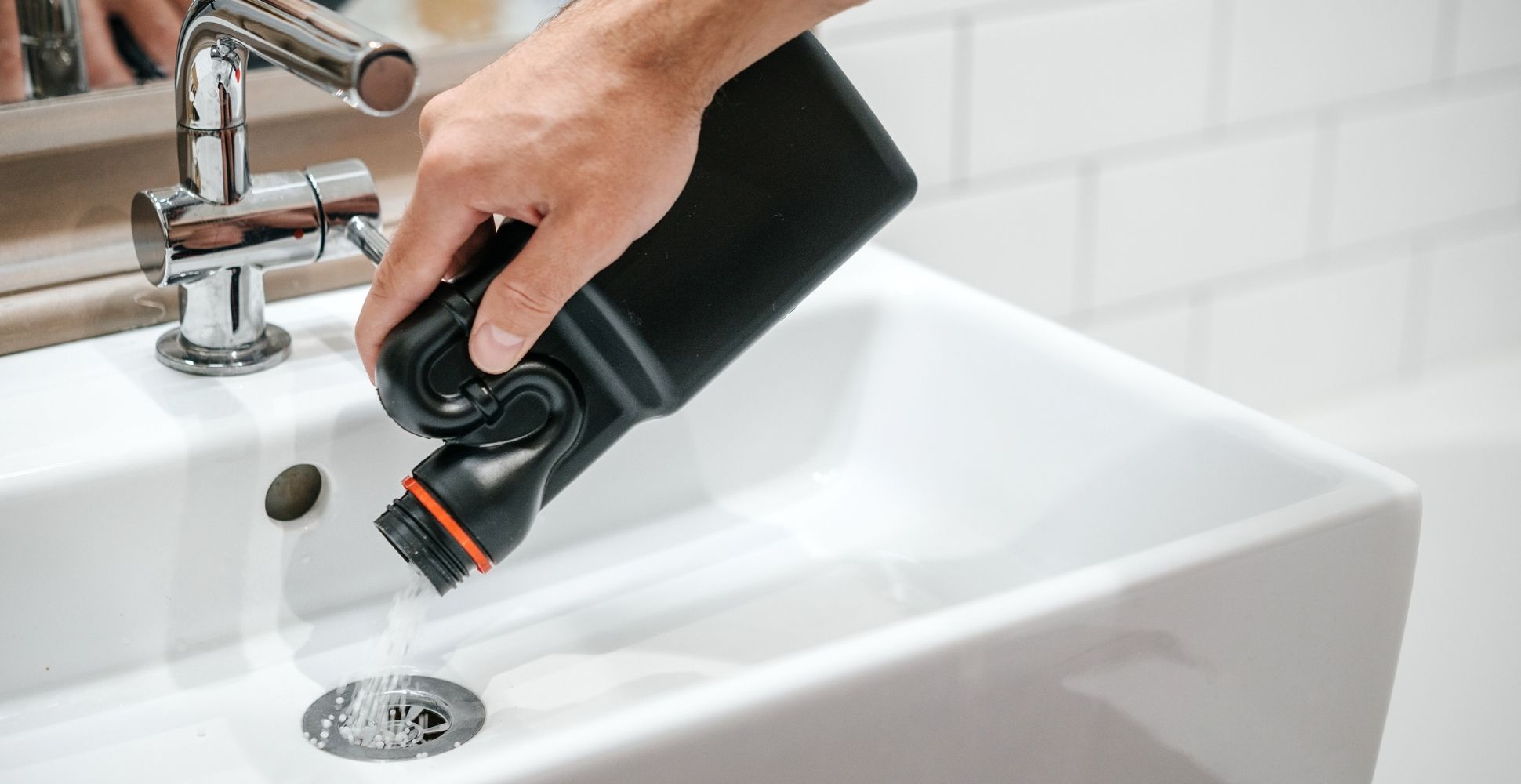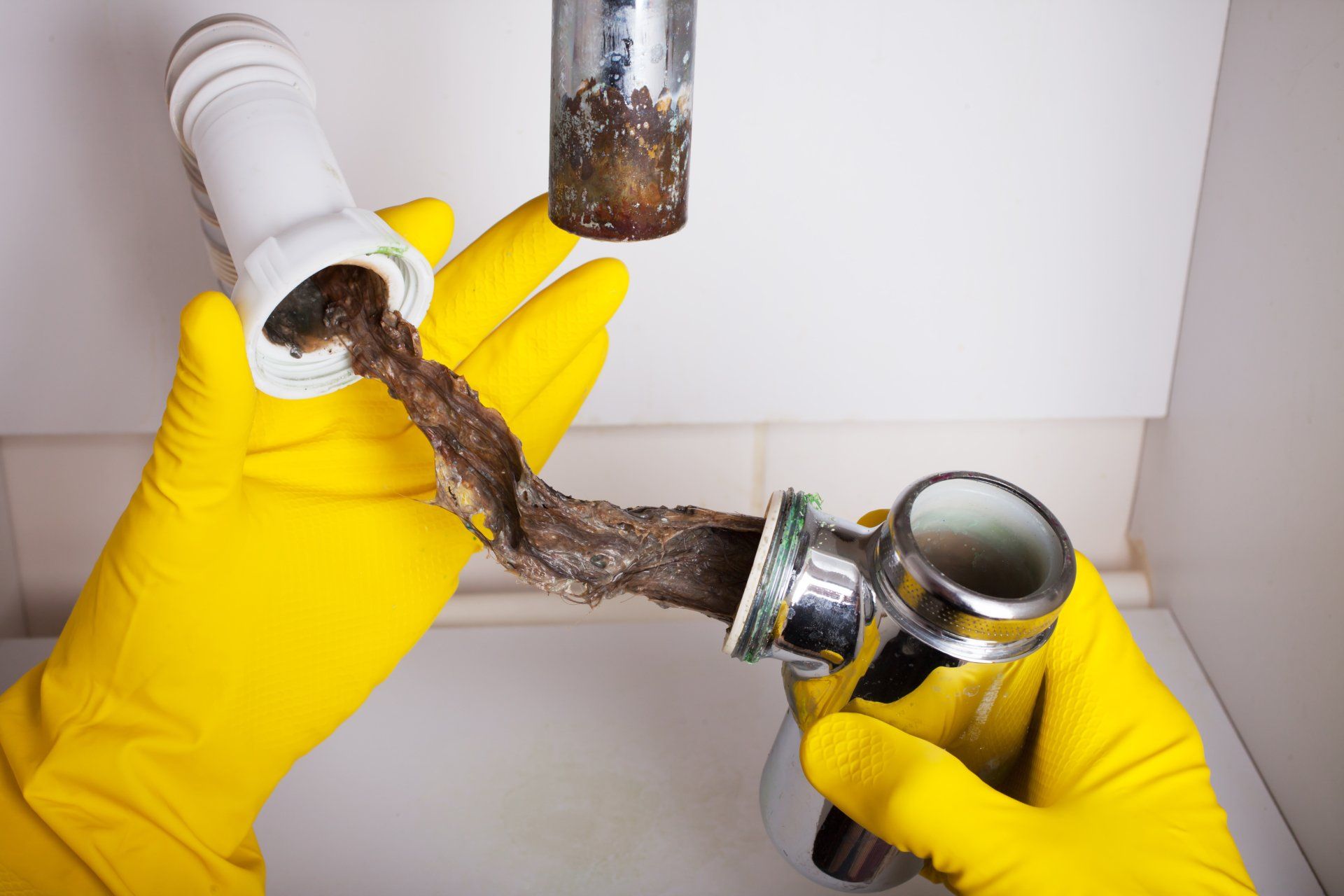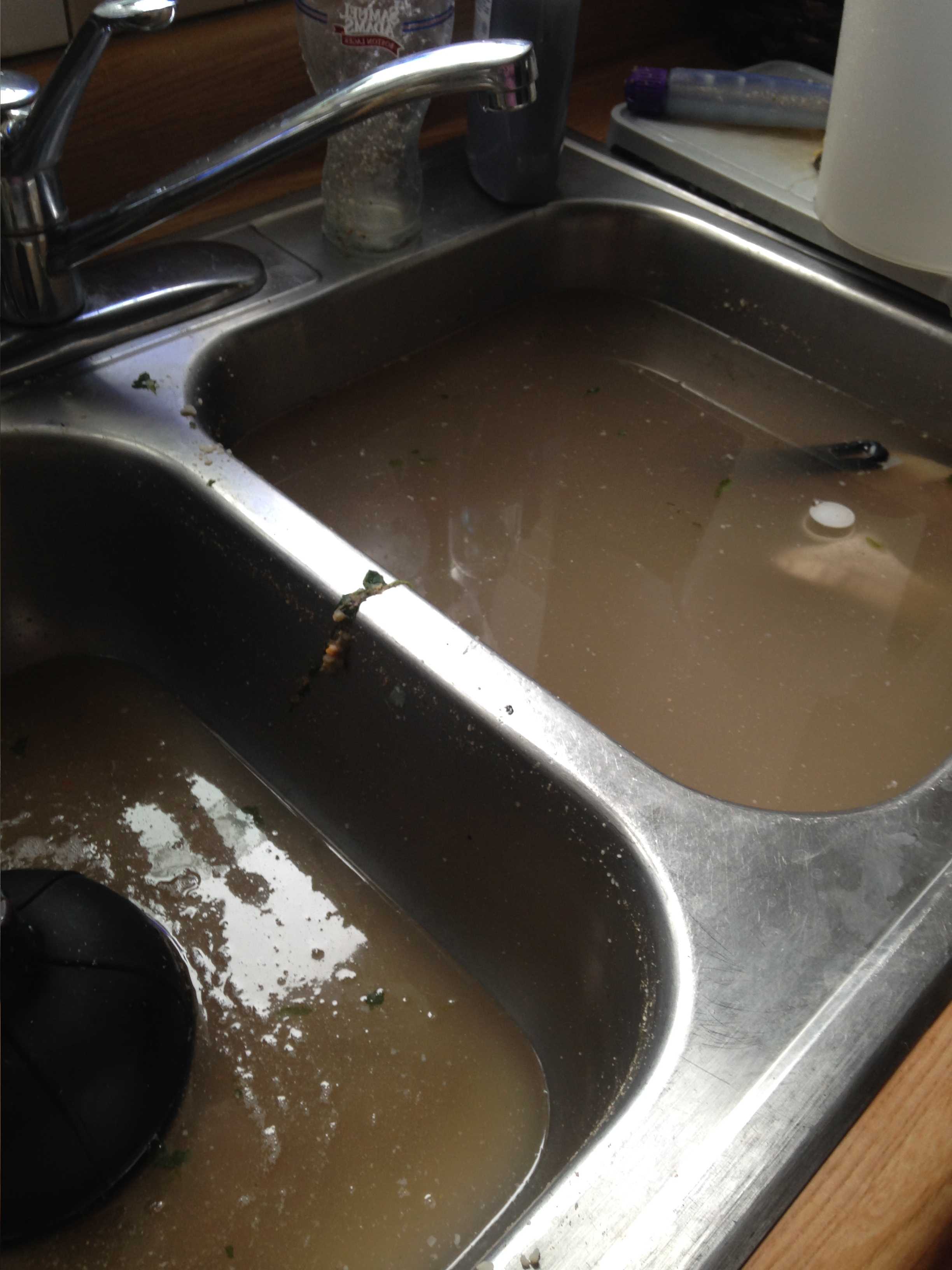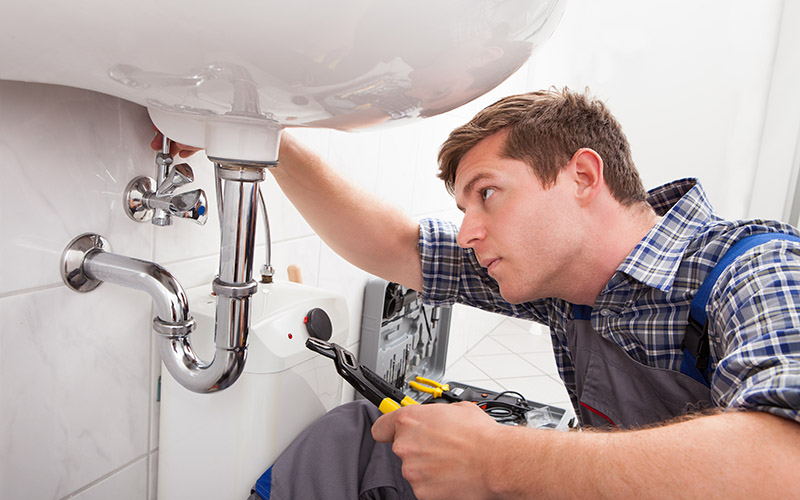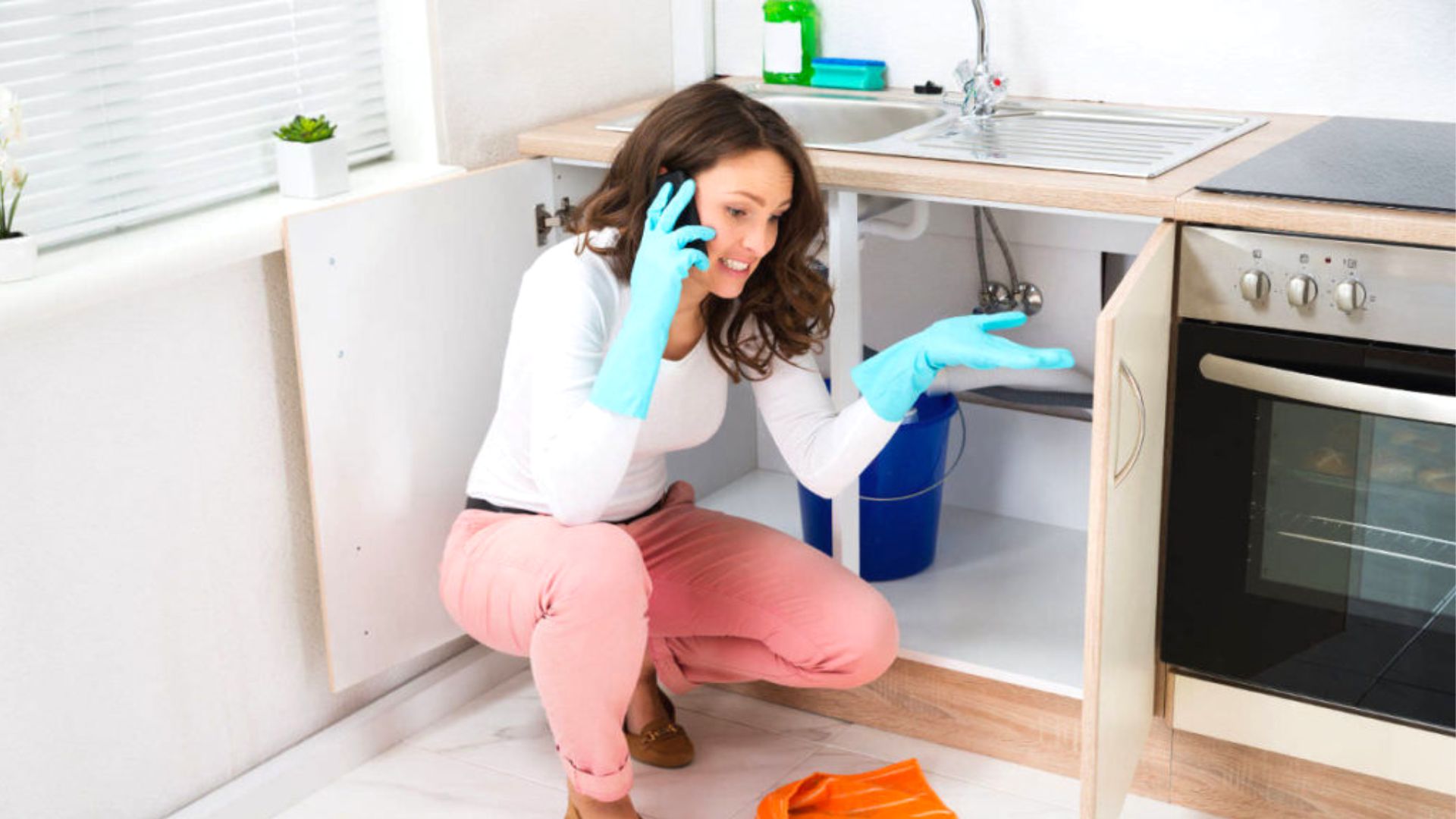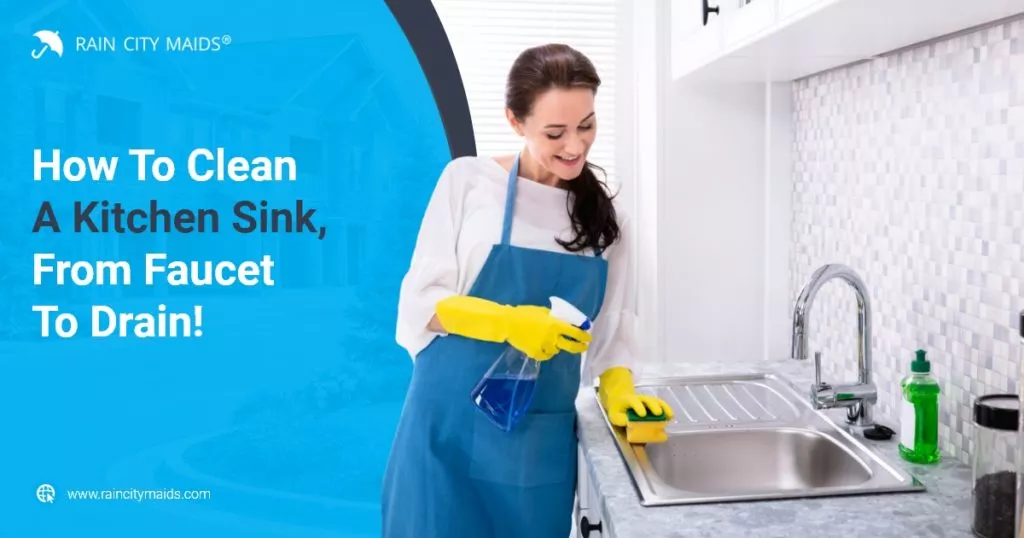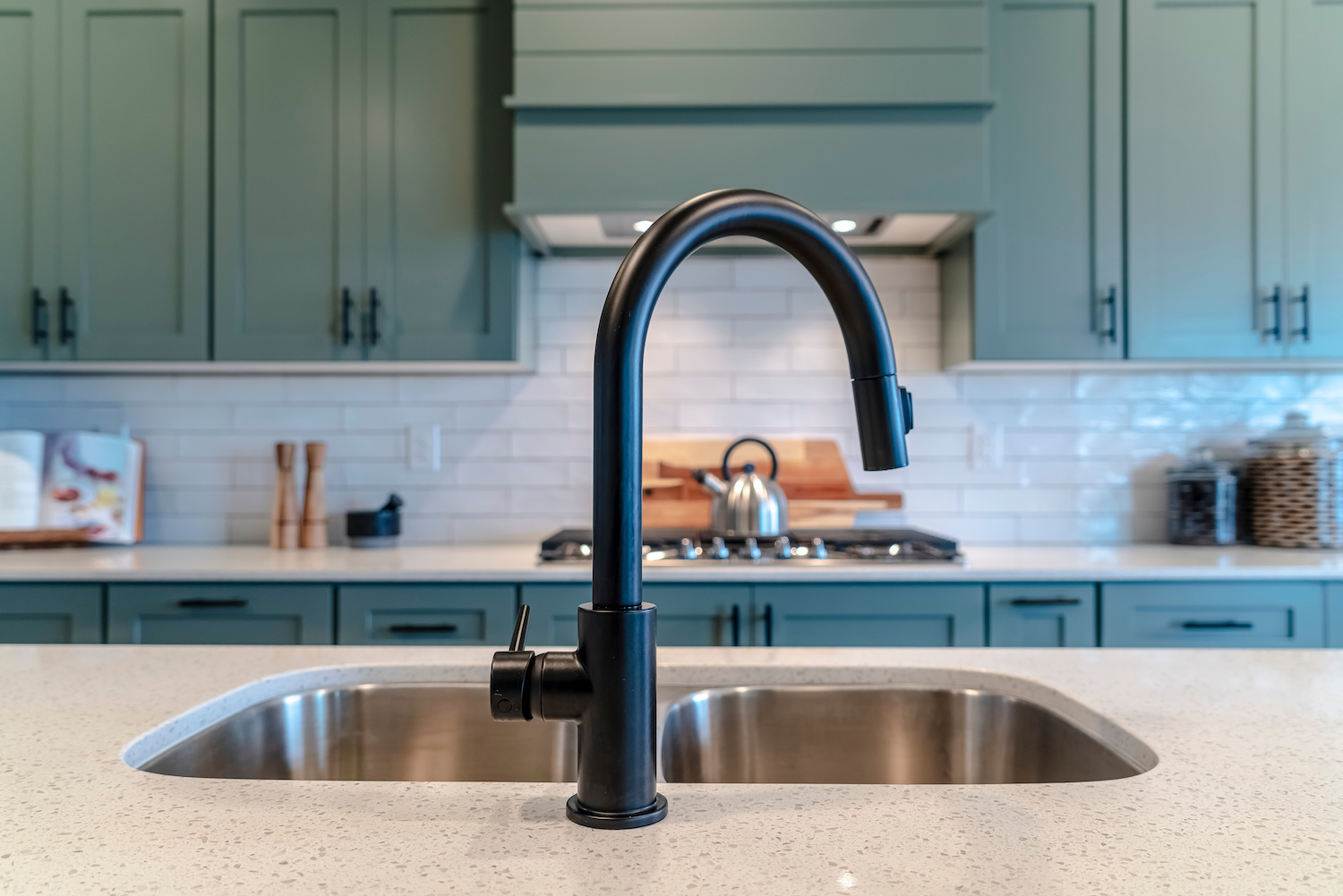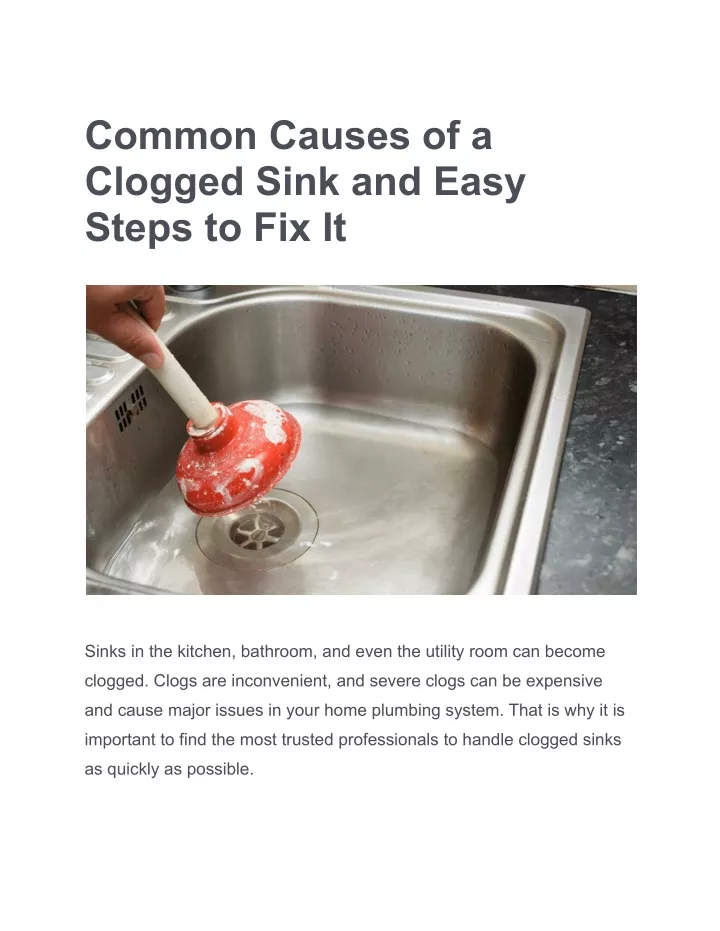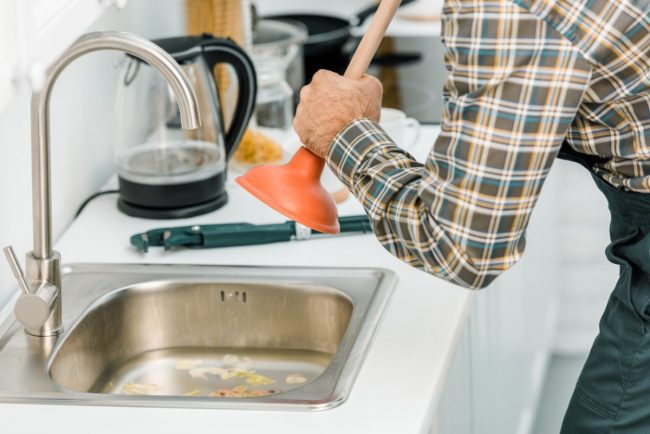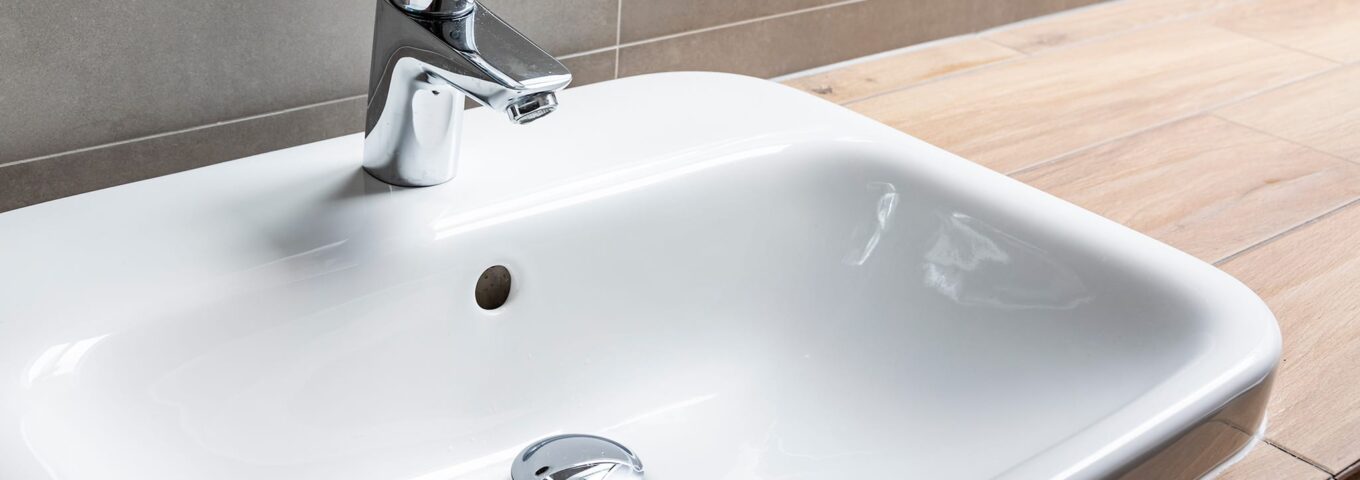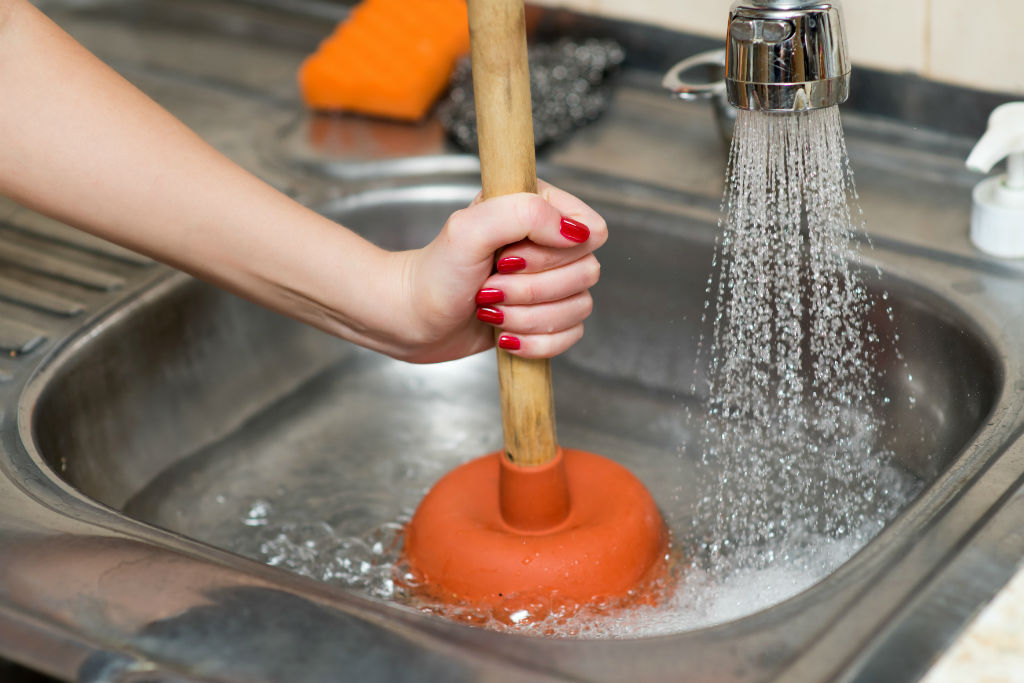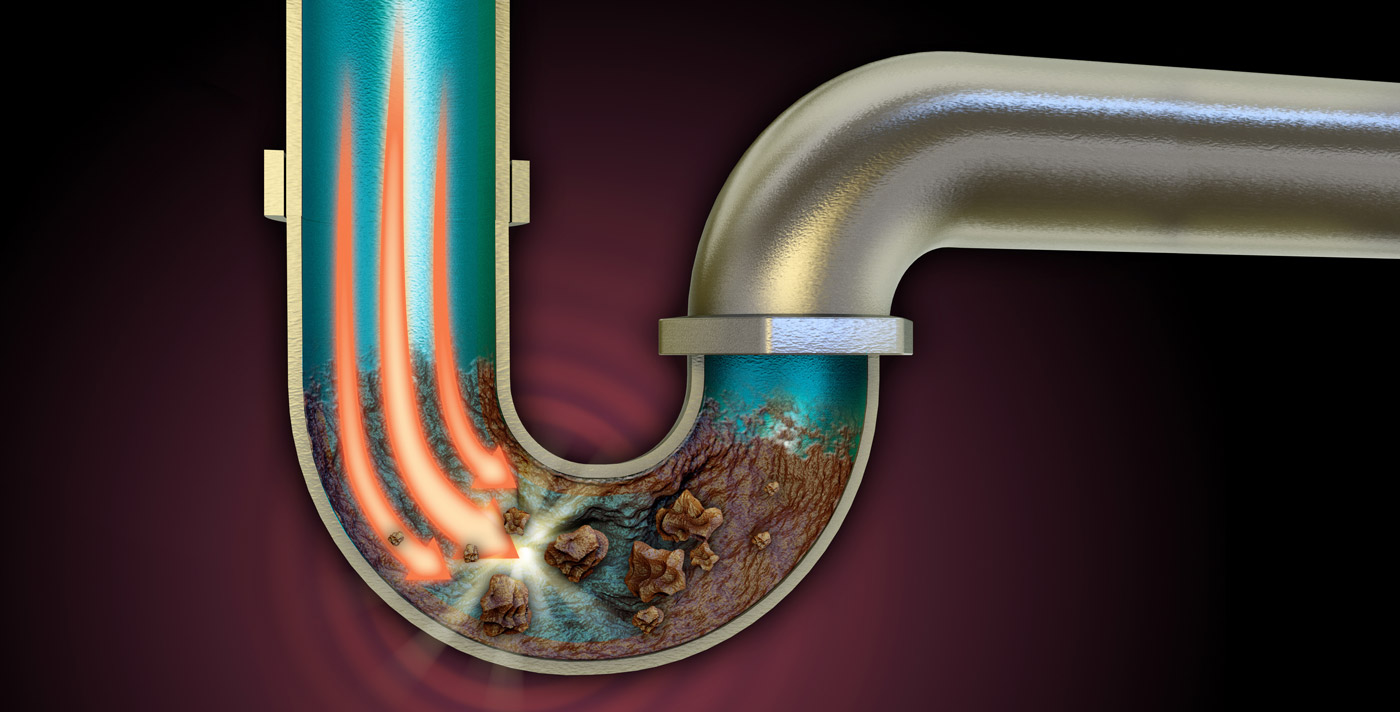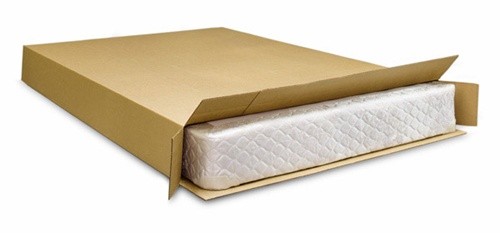How to unclog a kitchen sink
Dealing with a clogged kitchen sink can be a major inconvenience for both landlords and tenants. It can disrupt daily routines and even lead to costly repairs if left untreated. But before you panic and call a professional plumber, there are some simple DIY methods you can try to unclog your kitchen sink. Read on to learn more about how to unclog a kitchen sink and get your sink back to working properly.
What to do when your tenant clogs the kitchen sink
As a landlord, it's important to have a plan in place for when your tenants encounter a clogged kitchen sink. The first step is to communicate with your tenant and determine the severity of the clog. If it's a minor clog, you can suggest some DIY methods for them to try before calling a plumber. However, if the clog is more serious, it's best to hire a professional to avoid any further damage.
DIY methods for unclogging a kitchen sink
If the clog is minor and your tenant is comfortable attempting to unclog the sink themselves, there are several DIY methods they can try. One simple method is to use a plunger. Fill the sink with water and place the plunger over the drain. Push down and pull up several times to create a suction that can dislodge the clog. Another method is to pour boiling water down the drain, which can help break up any grease or debris causing the clog.
Using a plunger to unclog a kitchen sink
A plunger can be a very effective tool for unclogging a kitchen sink. Make sure to use a plunger with a flat bottom, as this will create a better seal over the drain. Fill the sink with enough water to cover the plunger and place it over the drain. Push down and pull up several times, being careful to maintain a tight seal. This suction can help loosen and dislodge the clog.
Chemical drain cleaners for a clogged kitchen sink
If DIY methods aren't successful, you can try using a chemical drain cleaner specifically designed for kitchen sinks. These cleaners contain strong chemicals that can dissolve and break up clogs. However, it's important to use these cleaners carefully and according to the instructions, as they can be harmful to both people and pipes if not used correctly.
Calling a plumber for a clogged kitchen sink
If the clog is severe or the DIY methods don't work, it's time to call in a professional plumber. They have the tools and expertise to effectively remove the clog and get your sink back to working properly. Make sure to communicate with your tenant and schedule a convenient time for the plumber to come and fix the issue.
Preventing clogs in the kitchen sink
Prevention is always better than dealing with a clog. As a landlord, you can educate your tenants on ways to prevent clogs in the kitchen sink. This includes avoiding pouring grease or oil down the drain, using a drain catcher to catch food scraps, and regularly cleaning the sink to remove any build-up. These simple steps can help prevent clogs and save you and your tenants from the inconvenience and expense of dealing with a clogged sink.
Common causes of a clogged kitchen sink
Understanding the common causes of a clogged kitchen sink can help you prevent future clogs. Some of the most common causes include food scraps, grease or oil build-up, and foreign objects such as utensils or small toys accidentally falling down the drain. Knowing these causes can help you educate your tenants and take preventative measures to avoid future clogs.
How to remove a clog from a kitchen sink drain
If you're comfortable attempting to remove a clog from a kitchen sink drain yourself, there are some tools you will need. These include a plunger, a drain snake, and a bucket. First, try using a plunger as described earlier in this article. If that doesn't work, you can use a drain snake to manually remove the clog. Insert the snake into the drain and twist and push until you feel the clog break up. Remember to have a bucket on hand to catch any debris that may come out.
Tools you need to unclog a kitchen sink
As mentioned earlier, there are a few tools you will need to effectively unclog a kitchen sink. These include a plunger, a drain snake, and a bucket. You may also want to have some rubber gloves and a bucket of hot water on hand. These tools can help you successfully remove a clog and get your sink back to working properly.
The Importance of Proper Maintenance for Kitchen Sinks

Preventing Clogged Kitchen Sinks

When it comes to maintaining a functional and efficient kitchen, proper care and maintenance of the kitchen sink is crucial. Unfortunately, many tenants neglect the importance of this household fixture and end up dealing with the consequences of a clogged kitchen sink . Not only is a clogged kitchen sink an inconvenience, but it can also lead to more serious and costly plumbing issues if left unaddressed.
The main cause of a clogged kitchen sink is the accumulation of food debris, grease, and other waste materials that go down the drain. Over time, these substances can build up and cause blockages, preventing water from draining properly. This can result in unpleasant odors, slow draining water, and in severe cases, even leaks and flooding.
Preventative Measures for a Clog-Free Kitchen Sink

To avoid dealing with a clogged kitchen sink , it is important to take proactive measures in maintaining its cleanliness and functionality. One of the most effective ways to prevent clogs is by using a drain cover . This simple tool can catch food debris and other waste materials before they go down the drain, reducing the risk of blockages.
Regularly cleaning the kitchen sink is also essential in ensuring its proper function. This includes removing any food scraps or residue from dishes before washing them in the sink, as well as regularly using a plumbing snake or drain cleaner to remove any build-up in the pipes.
Dealing with a Clogged Kitchen Sink

If despite taking preventative measures, a clogged kitchen sink still occurs, it is important to address it immediately. Avoid using harsh chemicals to unclog the sink as this can damage the pipes and cause more problems in the long run. Instead, try using a plunger to dislodge the blockage or a mixture of baking soda and vinegar to break down any build-up.
In some cases, it may be necessary to call a professional plumber to address the clog. They have the expertise and proper tools to effectively remove the blockage and prevent further damage to the plumbing system.
In conclusion , proper maintenance of the kitchen sink is crucial in keeping it functioning properly and avoiding the hassle and expense of dealing with a clogged kitchen sink . By taking preventative measures and addressing clogs immediately, tenants can ensure a clean and efficient kitchen for their daily use.
/plumber-unclogging-kitchen-sink-169270382-5797a9355f9b58461f27f024.jpg)




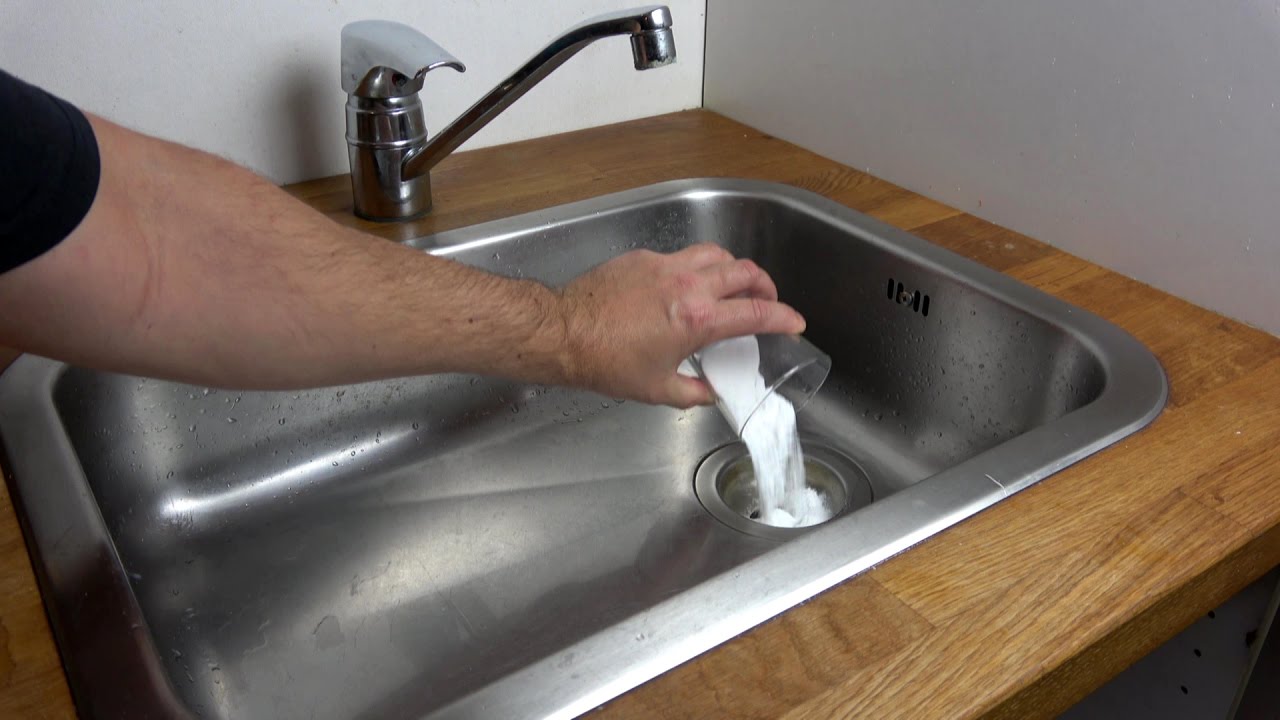








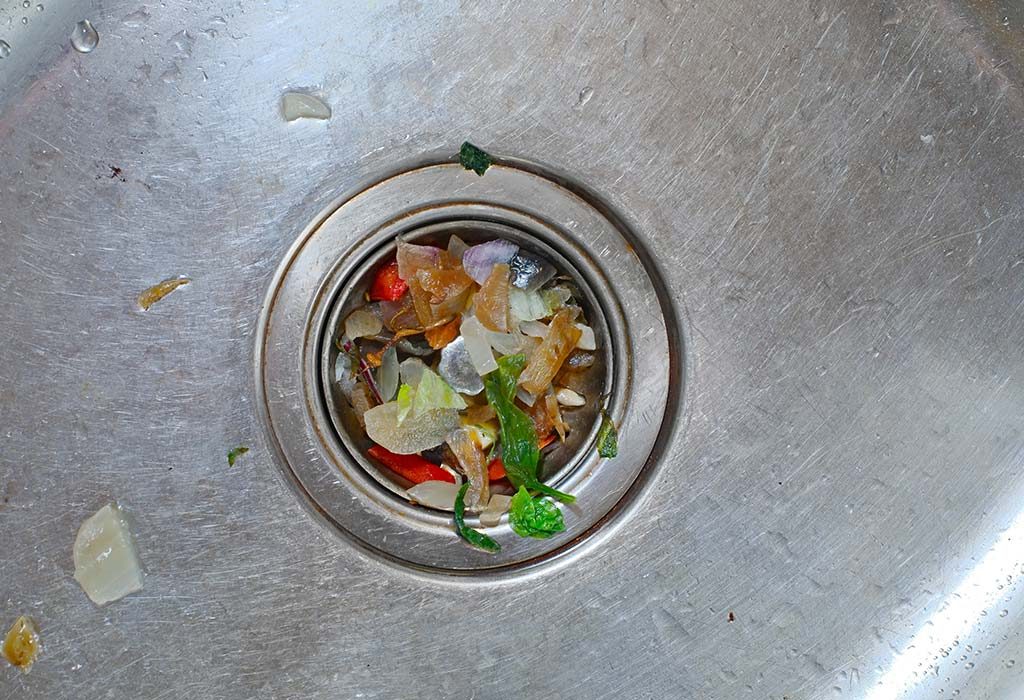


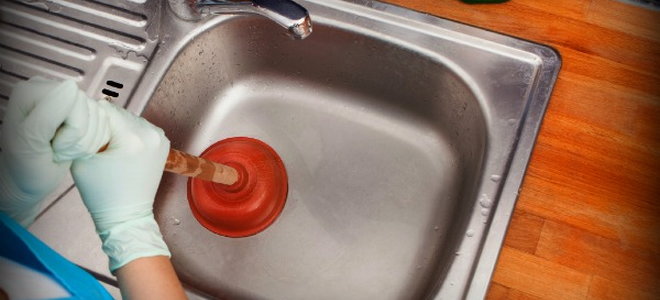
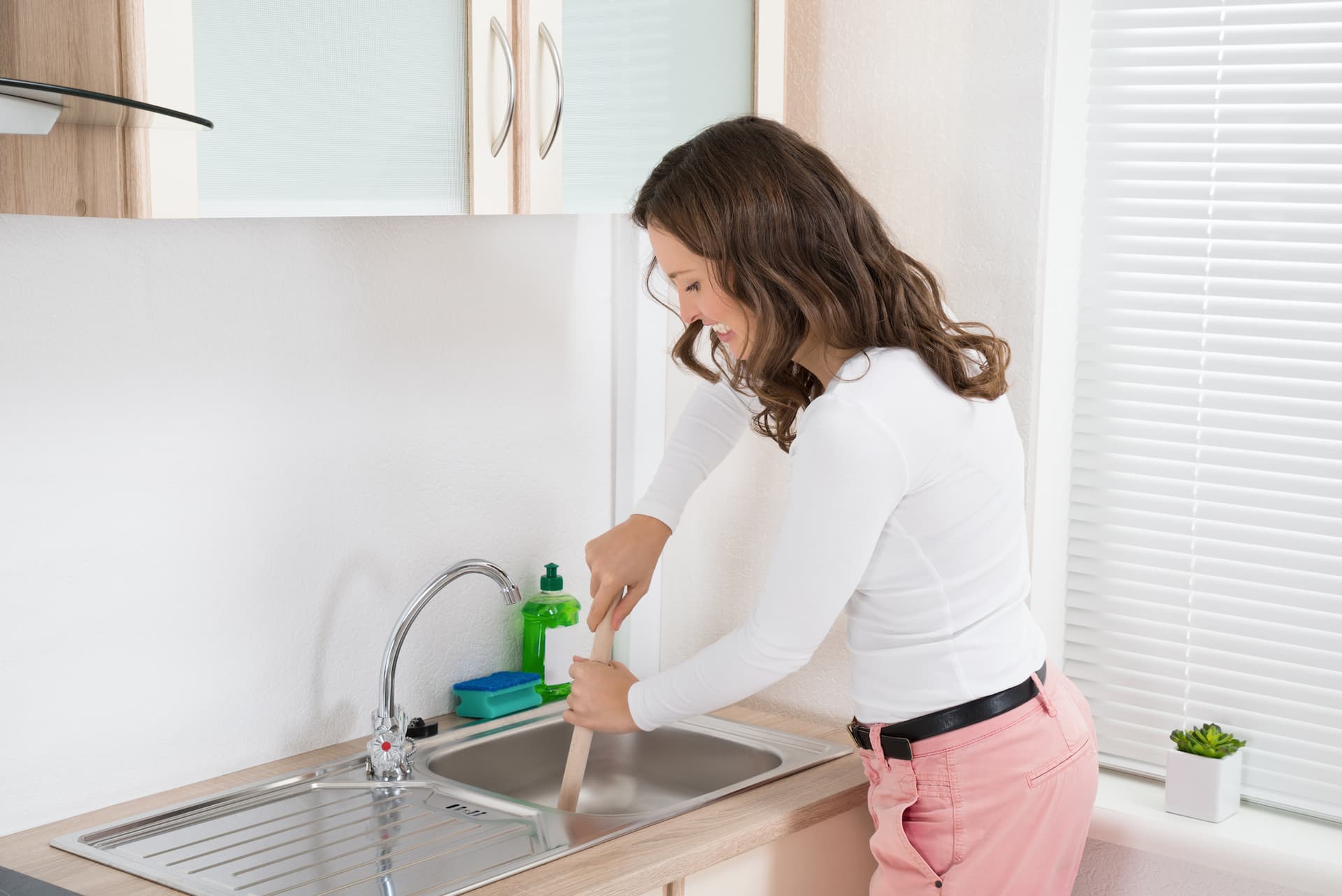





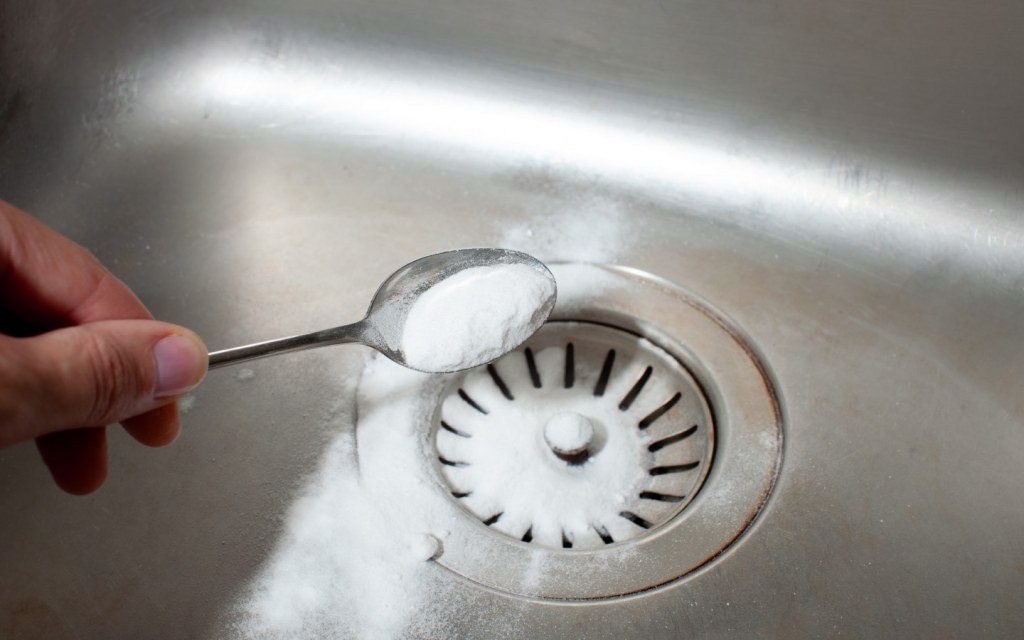
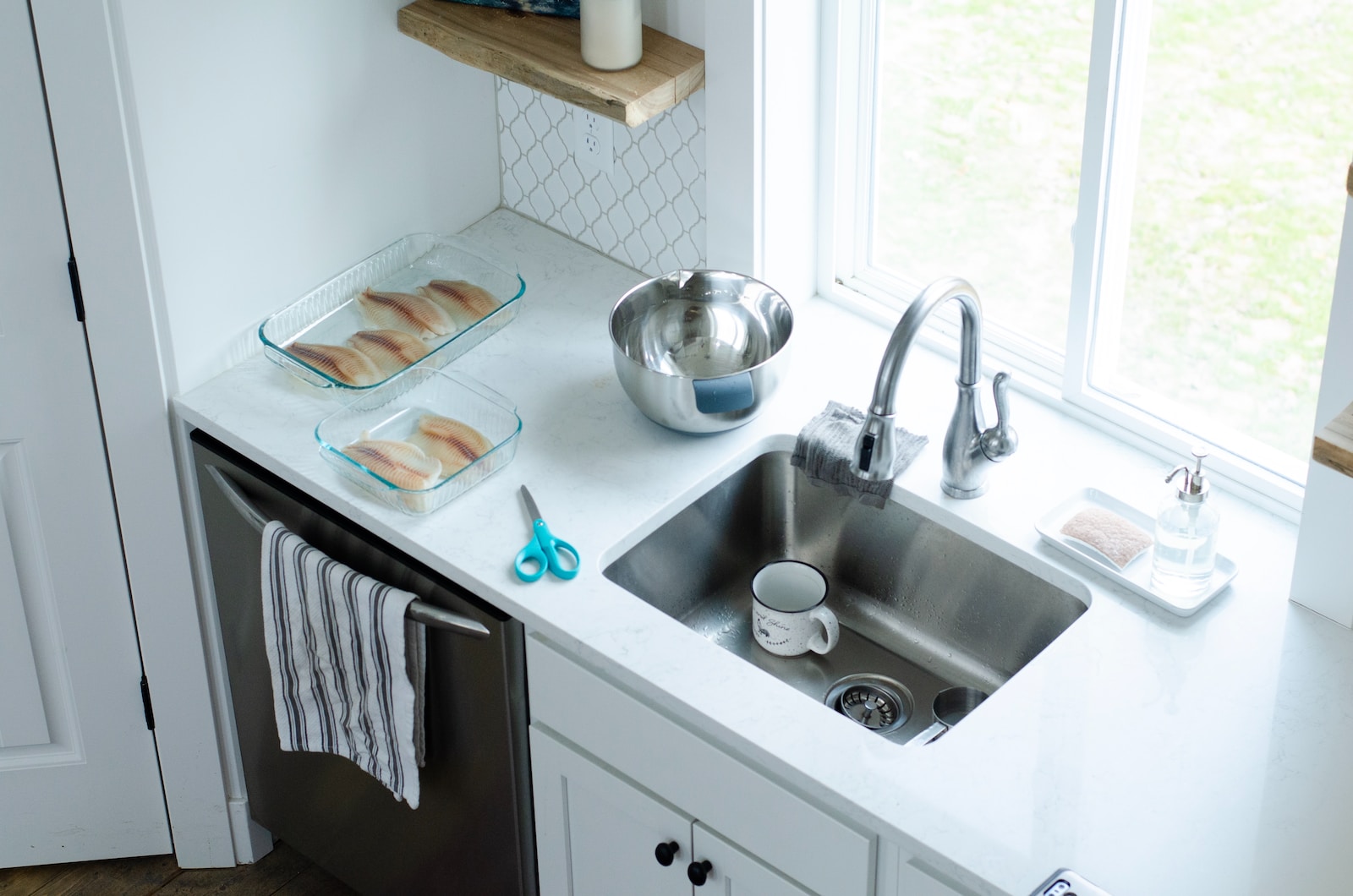
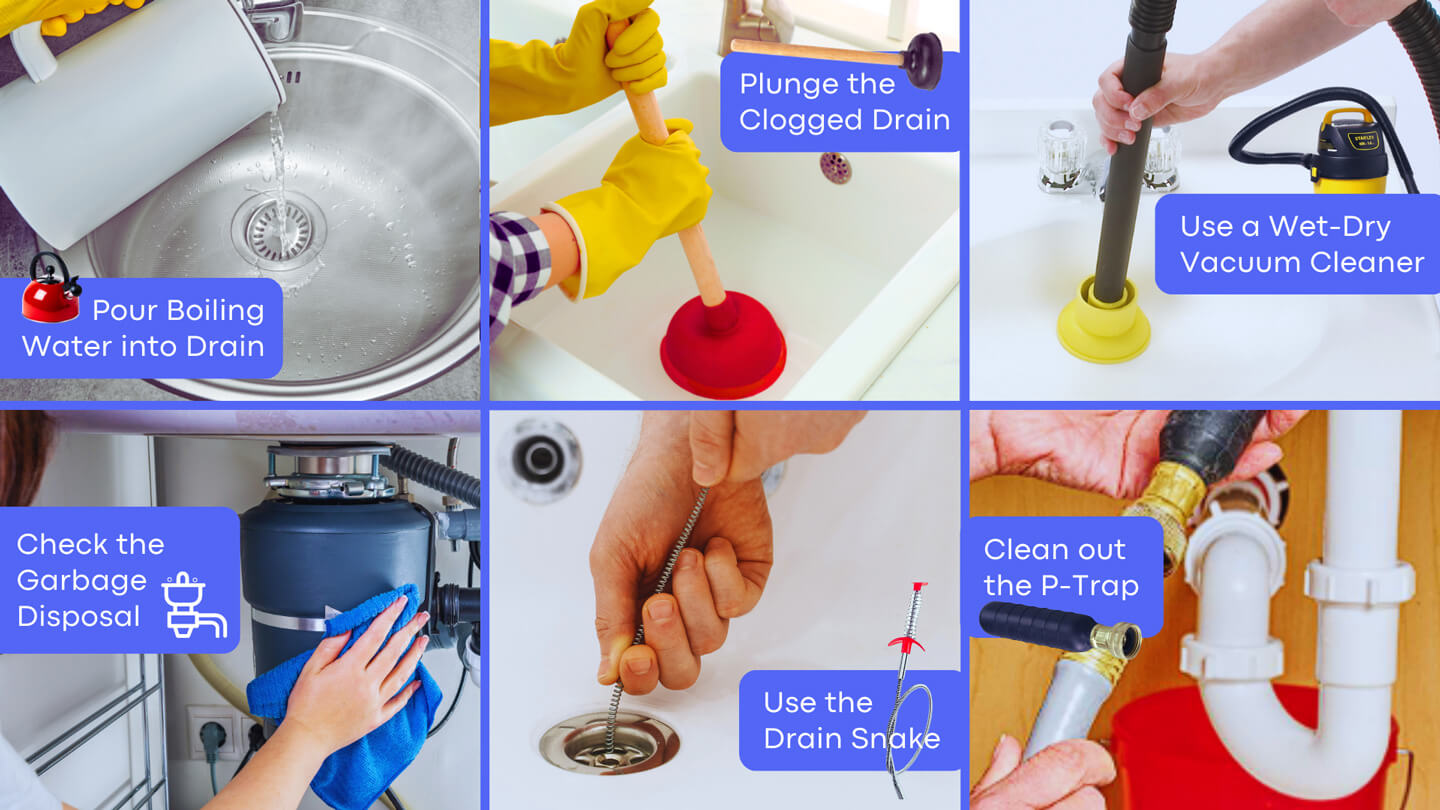



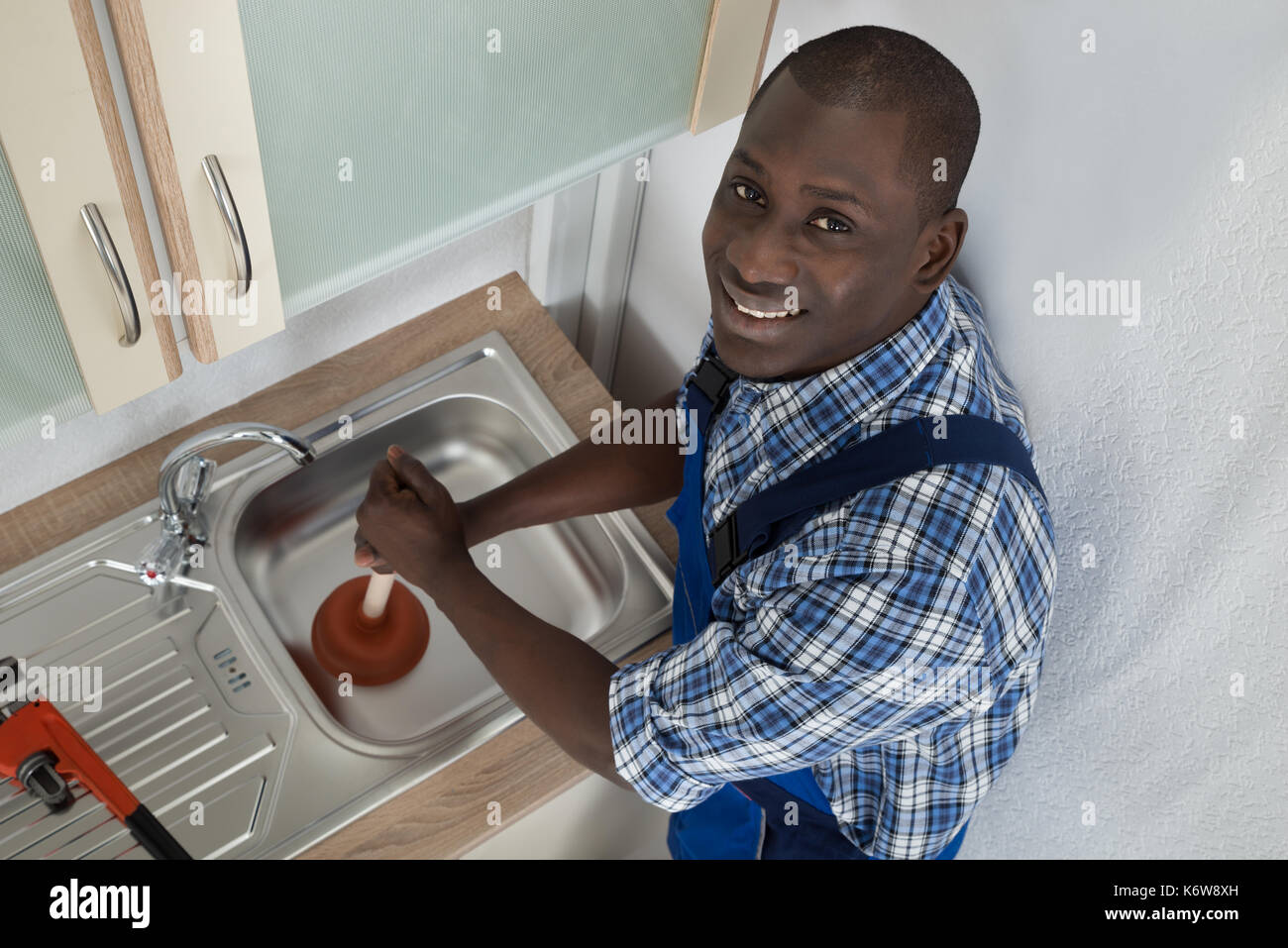




/woman-wearing-yellow-washing-up-gloves-to-unblock-sink-using-plunger-close-up-131987463-5887cfc03df78c2ccd92ec9e.jpg)



